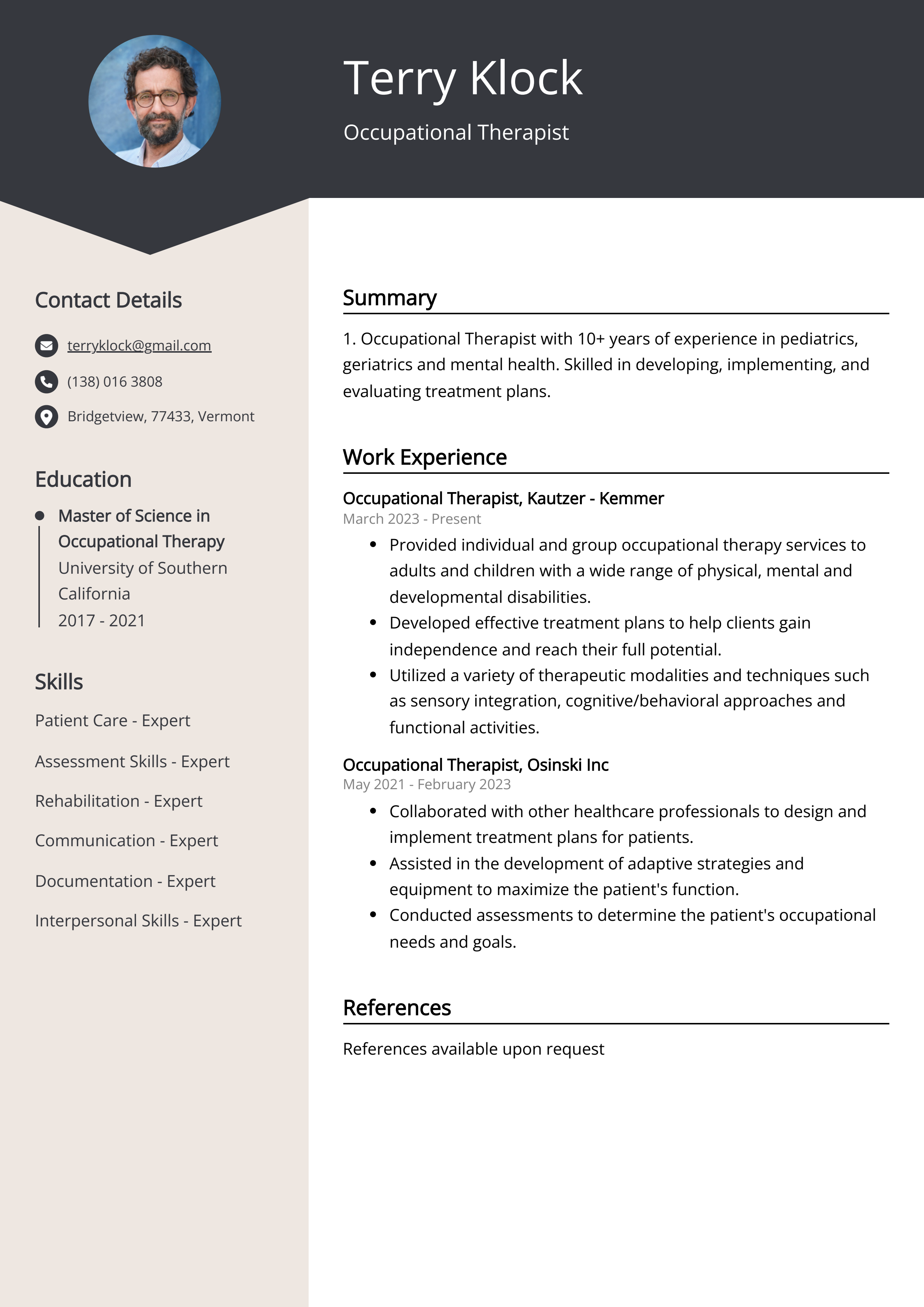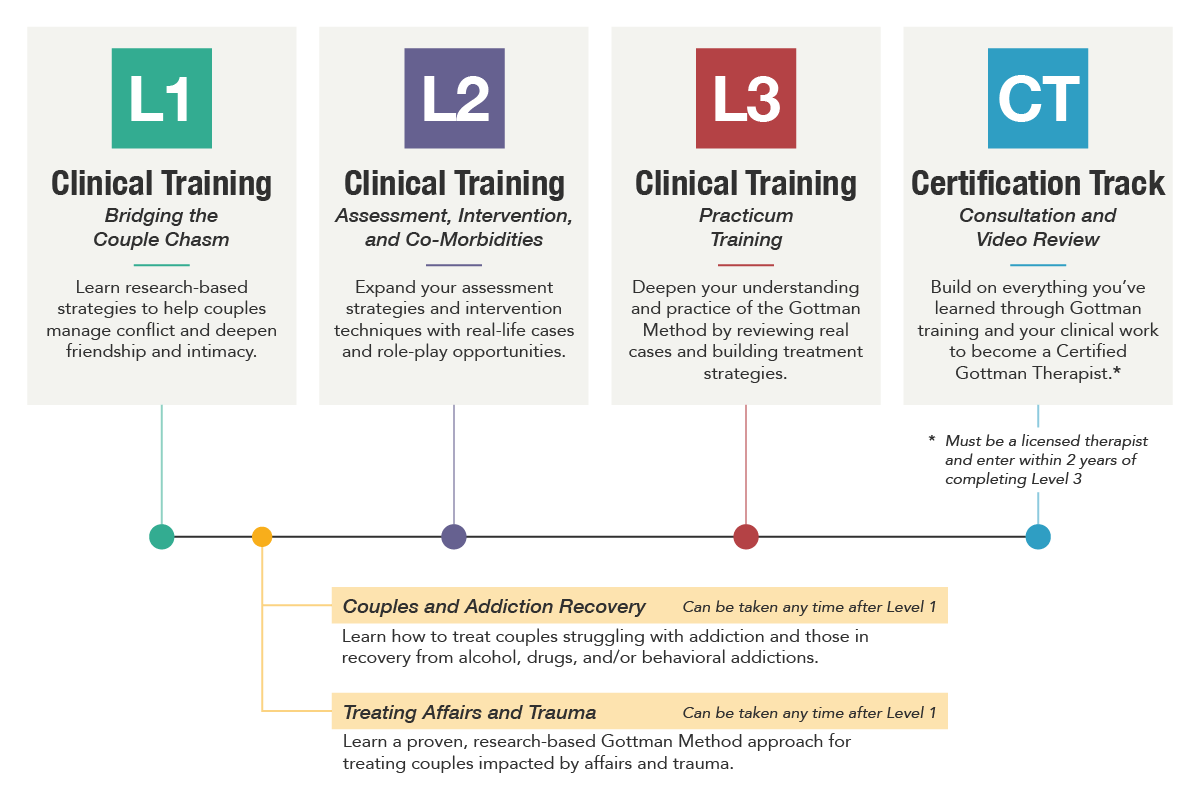How to Become a Licensed Mental Health Counselor: Expert Tips and Strategies
To become a licensed mental health counselor, complete a master’s degree in counseling and gain supervised clinical experience. Embarking on a career as a mental health counselor requires dedication and years of education and training.
A crucial step towards this goal is earning a master’s degree in counseling from an accredited institution. Following graduation, individuals must obtain supervised clinical experience to hone their skills and meet licensure requirements. Additionally, passing a state licensing exam is necessary to practice as a licensed mental health counselor.
This rigorous path ensures that professionals in this field are well-equipped to provide quality mental health services to those in need.

Credit: resumaker.ai
Education Requirements
Education Requirements:
A Bachelor’s Degree in Psychology or related field is the first step. Having a Master’s Degree in Mental Health Counseling is crucial. It provides in-depth knowledge and practical skills needed.
Licensing Process
Completion of Supervised Clinical Hours:
Aspiring mental health counselors must complete a certain number of supervised clinical hours as part of their licensing requirements. These hours provide hands-on experience and allow individuals to apply the theoretical knowledge gained through their education. During this period, individuals work under the guidance and supervision of a licensed counselor, gaining practical skills and a deeper understanding of the counseling process. These supervised clinical hours also offer an opportunity for individuals to develop their counseling style and build their confidence in working with clients. It is essential to keep a record of the hours completed and the specific experiences gained during this time for documentation purposes.
Passing the National Counselor Examination:
Another crucial step in the licensing process is successfully passing the National Counselor Examination (NCE). This comprehensive exam assesses an individual’s knowledge and understanding of counseling theories, ethics, and practices. Preparing for this exam may involve self-study, review courses, and practice tests to ensure a strong grasp of the required content. Achieving a passing score on the NCE demonstrates proficiency in the field of mental health counseling and is typically a prerequisite for obtaining licensure. It is important to consult the appropriate licensing board or organization to understand the specific requirements and guidelines for taking the NCE.
Eligibility Criteria:
In addition to completing supervised clinical hours and passing the NCE, eligibility criteria for becoming a licensed mental health counselor may vary depending on the state or country. These criteria commonly include obtaining a master’s degree in counseling or a related field, fulfilling specific coursework requirements, and completing the necessary application forms. Many states also require individuals to undergo a criminal background check and provide professional references. Meeting these eligibility criteria is essential to proceed with the licensing process and establish oneself as a licensed mental health counselor.
Continuing Education and Renewal:
Once licensed, mental health counselors are typically required to engage in continuing education activities to stay updated with the latest research, practices, and ethical standards in the field. These continuing education requirements vary by jurisdiction and may involve attending workshops, conferences, and completing additional coursework. Renewing the counseling license periodically is also necessary to ensure its validity and continued practice. Requirements for renewal may include a certain number of continuing education hours and submission of renewal applications. Overall, the journey to becoming a licensed mental health counselor involves completing supervised clinical hours, passing the National Counselor Examination, fulfilling eligibility criteria, and engaging in continuing education and renewal activities. It is important to follow the specific guidelines and requirements of the respective licensing board or organization to successfully navigate through this process.
Specialized Training
Becoming a licensed mental health counselor requires specialized training in addiction counseling and trauma counseling. These certifications provide in-depth knowledge and skills to effectively address the needs of individuals struggling with addiction or trauma. By obtaining certifications in these specific areas, mental health counselors can enhance their expertise and offer comprehensive support to their clients. The addiction counseling certification equips counselors with the tools to understand and treat various forms of addiction, while the trauma counseling certification provides the necessary training to help individuals overcome the impact of traumatic experiences. Satisfying the requirements for these certifications demonstrates a commitment to professional development and a dedication to providing high-quality care to those in need.

Credit: www.gottman.com
Gaining Experience
When becoming a licensed mental health counselor, gaining experience is crucial. One way to gain experience is by pursuing internship opportunities. These internships provide hands-on experience and the chance to apply theoretical knowledge in practical settings. Interning in diverse settings is particularly valuable as it exposes aspiring counselors to a wide range of clients with differing needs and backgrounds. This kind of experience helps sharpen important skills such as empathy, cultural sensitivity, and adaptability. It also allows interns to work alongside experienced professionals, providing opportunities for mentorship and learning. Internship opportunities may be available in various locations such as community centers, hospitals, schools, or private practices. Obtaining internship experience not only strengthens a counselor’s resume but also provides invaluable practical skills and knowledge for their future career in mental health counseling.
Developing Strong Interpersonal Skills
To become a licensed mental health counselor, focus on developing strong interpersonal skills. Effective communication techniques like empathy and active listening play a vital role in building rapport with clients and understanding their needs. By honing these skills, you can create a safe and supportive environment for clients to express themselves and work towards positive outcomes.

Credit: www.everydayhealth.com
Understanding Ethical Guidelines
Understanding ethical guidelines is crucial for those aspiring to become a licensed mental health counselor. Confidentiality and consent are two key principles that need to be upheld in any therapeutic relationship. Maintaining client confidentiality is of utmost importance, as it establishes trust and encourages individuals to open up and share their personal experiences without fear of judgment or breaches of privacy.
Obtaining informed consent, both in writing and verbally, is another essential aspect. This ensures that clients are fully aware of the nature and goals of therapy, potential risks, benefits, and their rights as participants in the counseling process. Consent also involves gaining permission before sharing any information about the client with other professionals or involving third parties, unless required by law or in cases where the client’s safety is at risk.
Alongside confidentiality and consent, mental health counselors need to maintain professional boundaries. This involves establishing appropriate limits and boundaries between themselves and their clients, ensuring that their personal biases, beliefs, and relationships do not interfere with the therapeutic process. Establishing and adhering to these ethical guidelines is essential for building a trusting and effective therapeutic relationship with clients.
Networking And Professional Development
To become a licensed mental health counselor, focus on networking and professional development. By joining professional counseling organizations, you can enhance your skills and gain valuable connections in the industry. Engage in continuous education and training to stay updated on the latest practices and trends in the field.
Navigating Insurance And Legal Requirements
When pursuing a career as a Licensed Mental Health Counselor, understanding the insurance credentialing process and legal obligations and responsibilities is crucial. Insurance credentialing is the process of becoming an approved provider for insurance companies, allowing counselors to bill for their services. This involves submitting applications, verifying credentials, and ensuring compliance with specific insurance company requirements.
Legal obligations and responsibilities encompass various aspects, such as maintaining client confidentiality, adhering to ethical guidelines, and safeguarding clients’ best interests. Counselors must also stay informed about changes in laws and regulations that affect their practice. It is essential to familiarize oneself with state licensing laws, HIPAA regulations, and professional codes of conduct to ensure lawful and ethical practice.
By navigating the insurance credentialing process and understanding legal obligations and responsibilities, aspiring Licensed Mental Health Counselors can pave the way for a successful and compliant career.
Frequently Asked Questions On How To Become A Licensed Mental Health Counselor
What Is The Difference Between A Counselor And A Therapist?
A counselor provides guidance and support for personal issues, while a therapist offers treatment for mental health conditions. Both can help address emotional issues.
What Do You Need To Be A Mental Health Therapist In Texas?
To become a mental health therapist in Texas, you need a master’s degree in counseling or a related field, completion of supervised clinical experience, and passing the National Counselor Examination (NCE) or National Clinical Mental Health Counseling Exam (NCMHCE) for licensure.
How Much Does An Lpc Make In Texas?
An LPC in Texas typically earns an average salary of around $50,000 to $70,000 per year.
What Is The Difference Between Mental Health Counselor And Psychologist?
A mental health counselor focuses on providing therapy and counseling to individuals, families, and groups. A psychologist, on the other hand, has a broader scope and can diagnose and treat mental health disorders. They often conduct research and may specialize in specific areas of psychology.
Conclusion
Embarking on a journey to become a licensed mental health counselor requires dedication and perseverance. By completing the necessary education, gaining clinical experience, and obtaining licensure, you can make a positive impact in the field of mental health. Stay committed to your goals and never stop learning and growing in this rewarding profession.